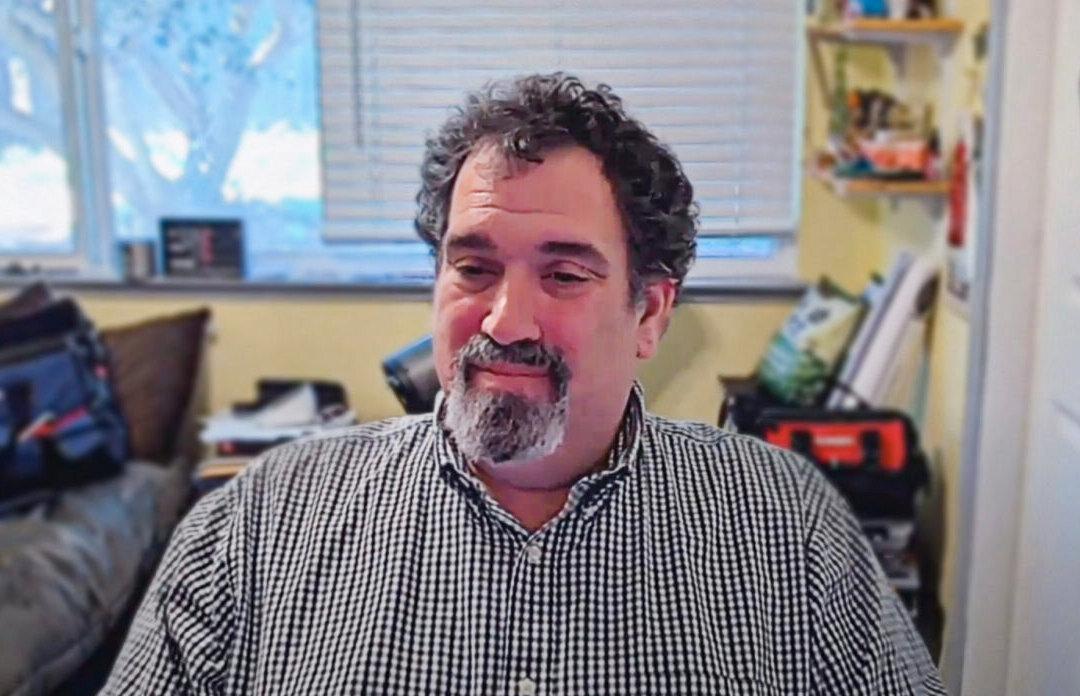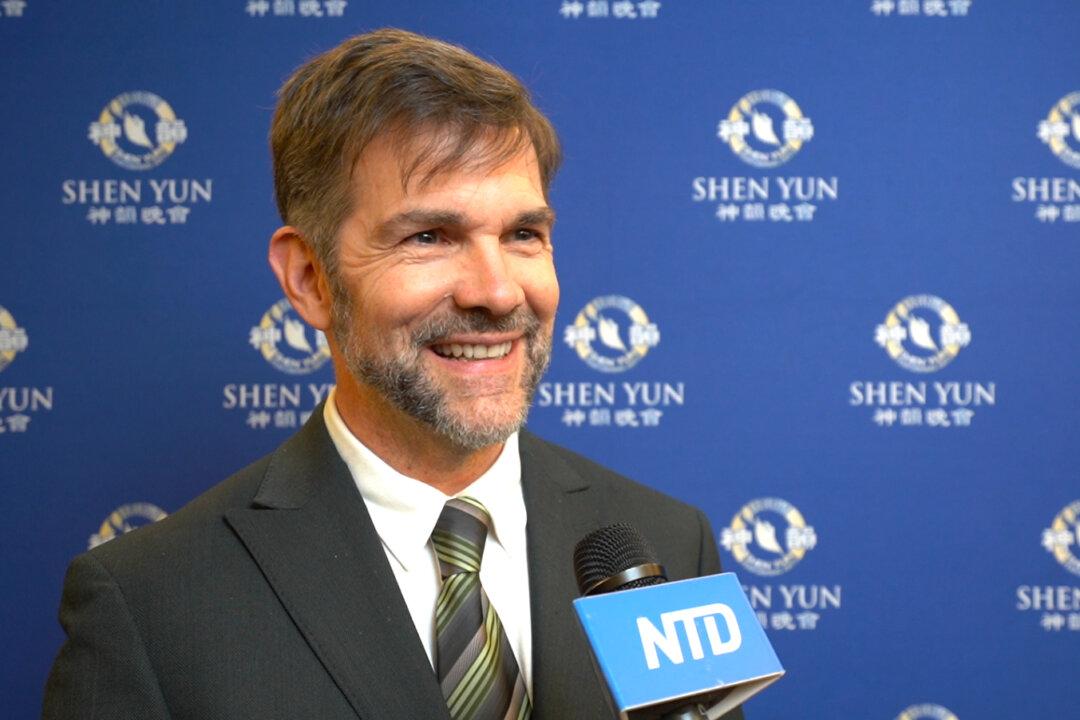Entire departments in the University of California (UC) system may be allowed to take political sides in what could be a massive policy change to neutral education institutions, but at least one UC professor is opposed to the idea.
Ethan Miller, a professor of computer engineering at UC–Santa Cruz, told NTD Television that the proposed change in policy could lead to decreased state and local funding, as well as unnecessary divisions among students.






